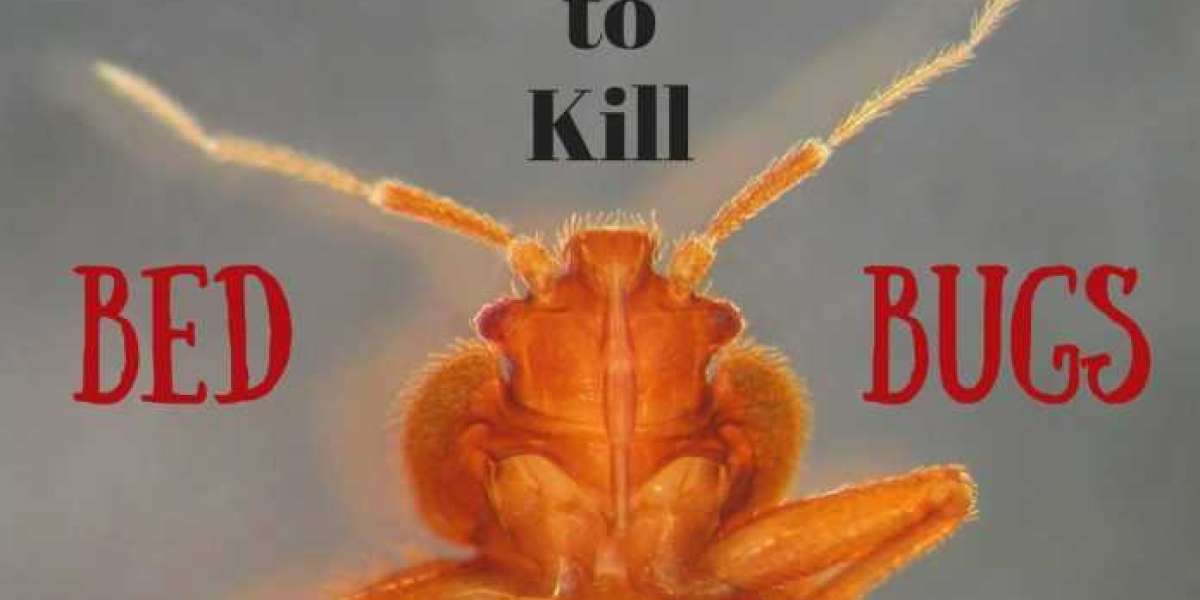Bed bugs are small, blood-sucking insects that can infest your home and cause itchy, red bites on your skin. They are notoriously hard to remove, as they can hide in cracks, crevices, and fabrics and survive for months without feeding. While professional pest control services are the best way to eliminate bed bugs, they can also be costly and inconvenient. If you are looking for natural and low-cost alternatives, you may have heard of using vinegar as a home remedy for bed bugs. This article will explore home remedies for bed bugs with vinegar.
Home Remedies for Bed Bugs with Vinegar:
Vinegar is a common household product with many uses, such as cleaning, cooking, and gardening. Vinegar is also known for its acidic properties, killing or repelling many insects, including bed bugs. Vinegar works as a bed bug killer by disrupting the nervous system and dehydrating them. Vinegar can also remove the bed bug's protective wax layer, making them more vulnerable to other treatments. Vinegar can also deter bed bugs from hiding or laying eggs in certain areas, as they do not like the smell or taste of vinegar.
Home Remedies for Bed Bugs with Vinegar: How To Use
To use vinegar as a bed bug killer, you will need the following items:
- White vinegar (preferably distilled or apple cider vinegar)
- Water
- Spray bottle
- Vacuum cleaner
- Plastic bags
- Washing machine and dryer
Steps to follow:
- Mix similar parts of vinegar and water in a bottle. You can also add some lemon juice or essential oils, such as lavender, peppermint, or tea tree, to enhance the effectiveness and smell of the vinegar solution.
- Vacuum your mattress, box spring, bed frame, headboard, and other furniture or items infested with bed bugs. Dispose of the vacuum bag, empty the vacuum canister in a sealed plastic bag, and throw it away in an outdoor trash bin.
- Spray the vinegar solution generously on the infested areas, such as the mattress, box spring, bed frame, headboard, and any cracks or crevices where bed bugs may hide. Make sure to spray both the top and bottom surfaces and the edges and corners. You can also spray the vinegar on your carpets, curtains, clothes, and bedding, but be careful not to damage or discolor them.
- Let the vinegar solution dry completely before using or touching the treated items. You can also use a fan or a hair dryer to speed up the drying process.
- Repeat the spraying process daily for at least a week or until you see no signs of bed bugs. You can also wash and dry your clothes, bedding, and other washable items on the highest heat setting to kill any bed bugs or eggs that may have survived the vinegar treatment.
Conclusion
Vinegar is a natural and low-cost home remedy for bed bugs but not a foolproof solution. Vinegar can kill bed bugs on contact and deter them from hiding or laying eggs in certain areas, but it may not eliminate them entirely or permanently. Vinegar may also damage or discolor some items or materials and has a strong and unpleasant smell. Therefore, it is advisable to use vinegar as a supplementary or temporary measure and to combine it with other methods, such as heat, steam, or diatomaceous earth, to increase the chances of success.








